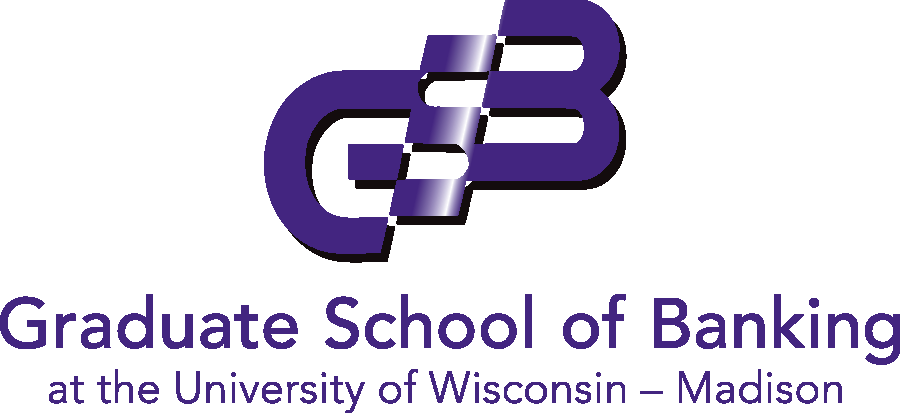4721 S Biltmore Lane
Madison, WI 53718
Home > GSB Online Seminar Series > Personal Tax Returns and Cash Flow – Focus on Sole Proprietorships, Rental Property and Farms-Sp25
Home > Schools & Programs > Personal Tax Returns and Cash Flow – Focus on Sole Proprietorships, Rental Property and Farms-Sp25
Purchasing for others?
$330.00
| Date | 01/14/25 |
|---|---|
| Recording Available Until | 04/14/25 |
| Presenter | Richard Hamm |
| Company | Advantage Consulting & Training |
| Target Audience | Branch managers, commercial lenders, Consumer lenders, credit analysts, lending managers and credit officers, loan review specialists, mortgage bankers, private bankers, small business lenders, special assets officers |
| Program Time | 1:00 pm-2:30 pm CT |
| Duration | 90 minutes |
Bankers underwrite loans primarily from tax returns, particularly at the community bank level. Personal tax returns are used to evaluate business owners and guarantors. This program focuses on the Form 1040 and determining what reported income (expense) involves cash inflow (outflow). We contrast the “income” driven nature of consumer lending with the “cash flow” focus of business lenders. Using case examples and worksheets, we’ll cover how to analyze personal tax returns to develop cash flow within a simple, logical and consistent framework. It provides the tools needed to reduce voluminous amounts of forms and schedules into a concise, relevant picture of personal cash flow from the business entities tied to the Form 1040 (sole proprietorships, rental property and farms).
Specific subjects that will be covered during the seminar:
4721 S Biltmore Lane
Madison, WI 53718
We use cookies to enhance your experience on our website. By clicking "Accept," you agree to the storing of cookies on your device to analyze site usage, enhance site navigation, and assist in our marketing efforts. If you do not wish to accept all cookies, you can manage your preferences by clicking "Deny." For more detailed information about the cookies we use, see our Cookies Policy.

| Thank you for Signing Up |
